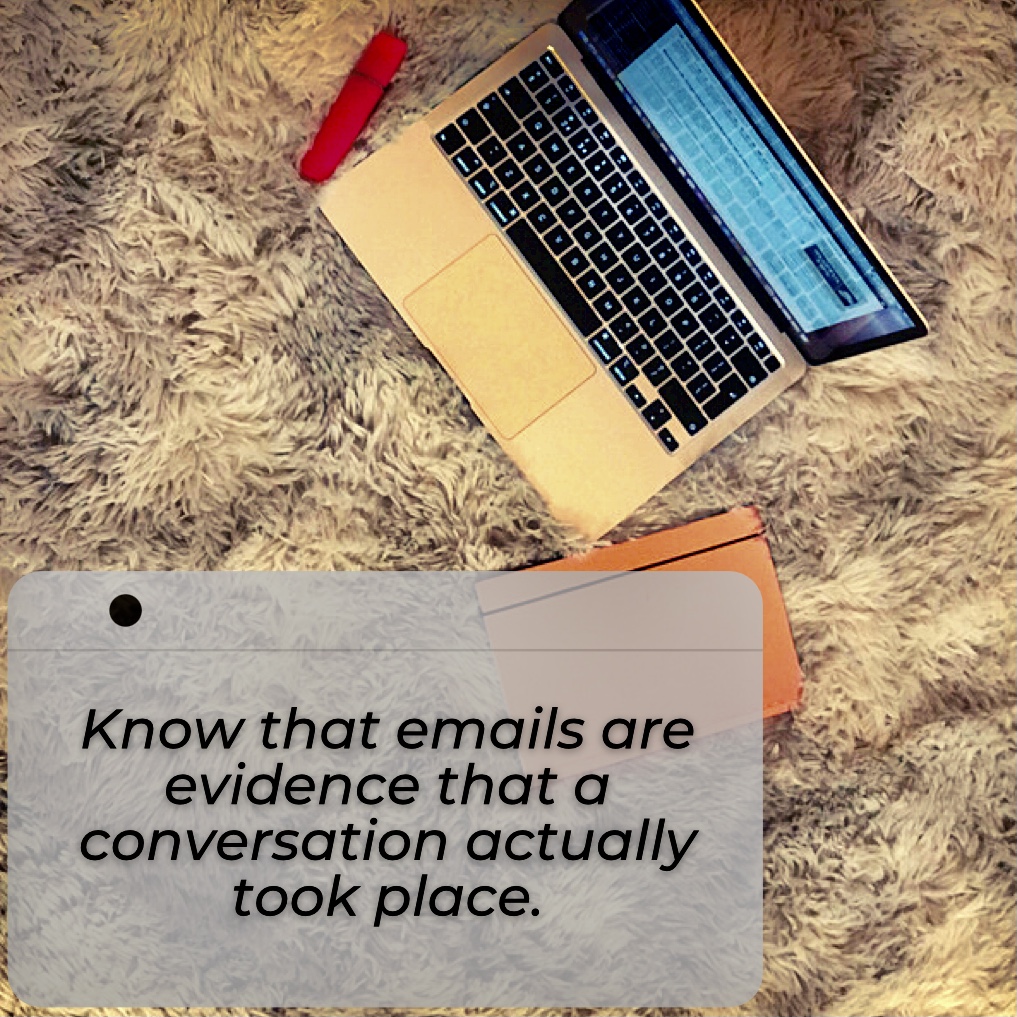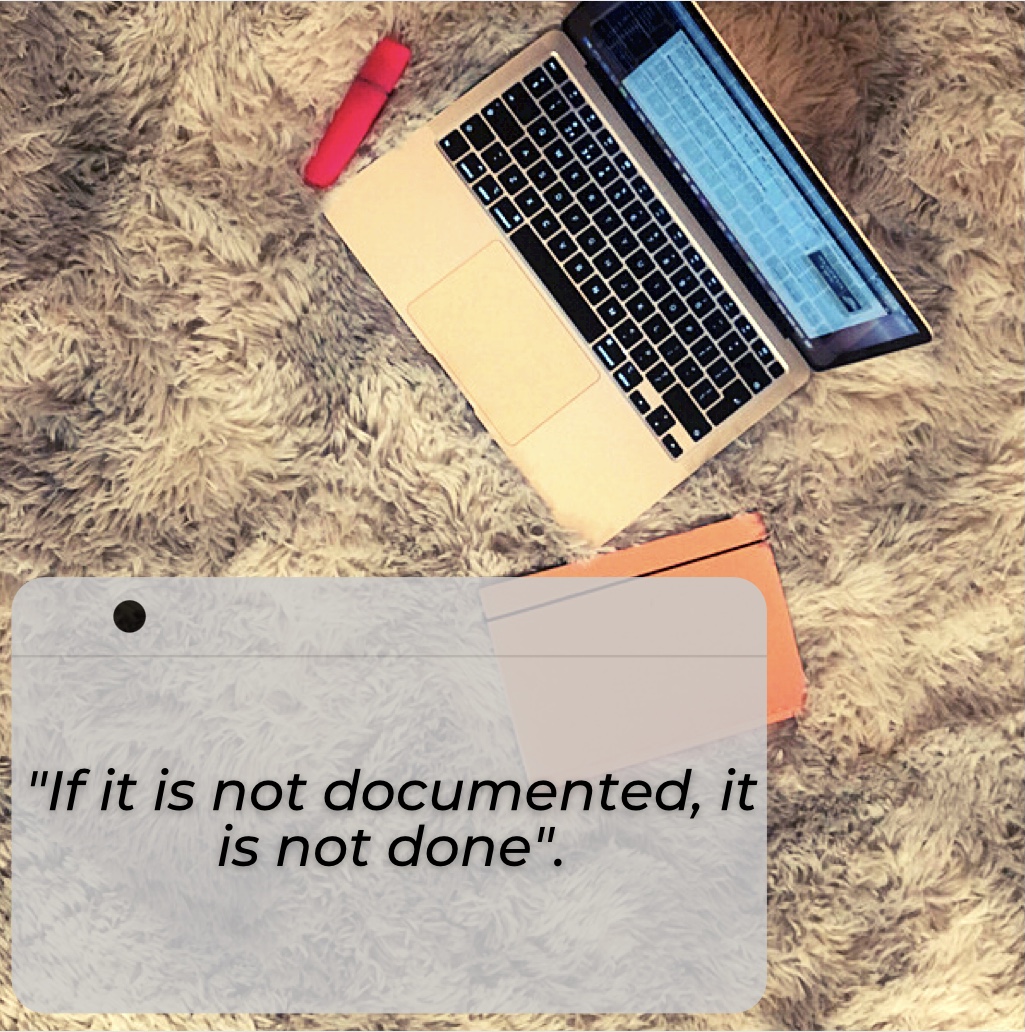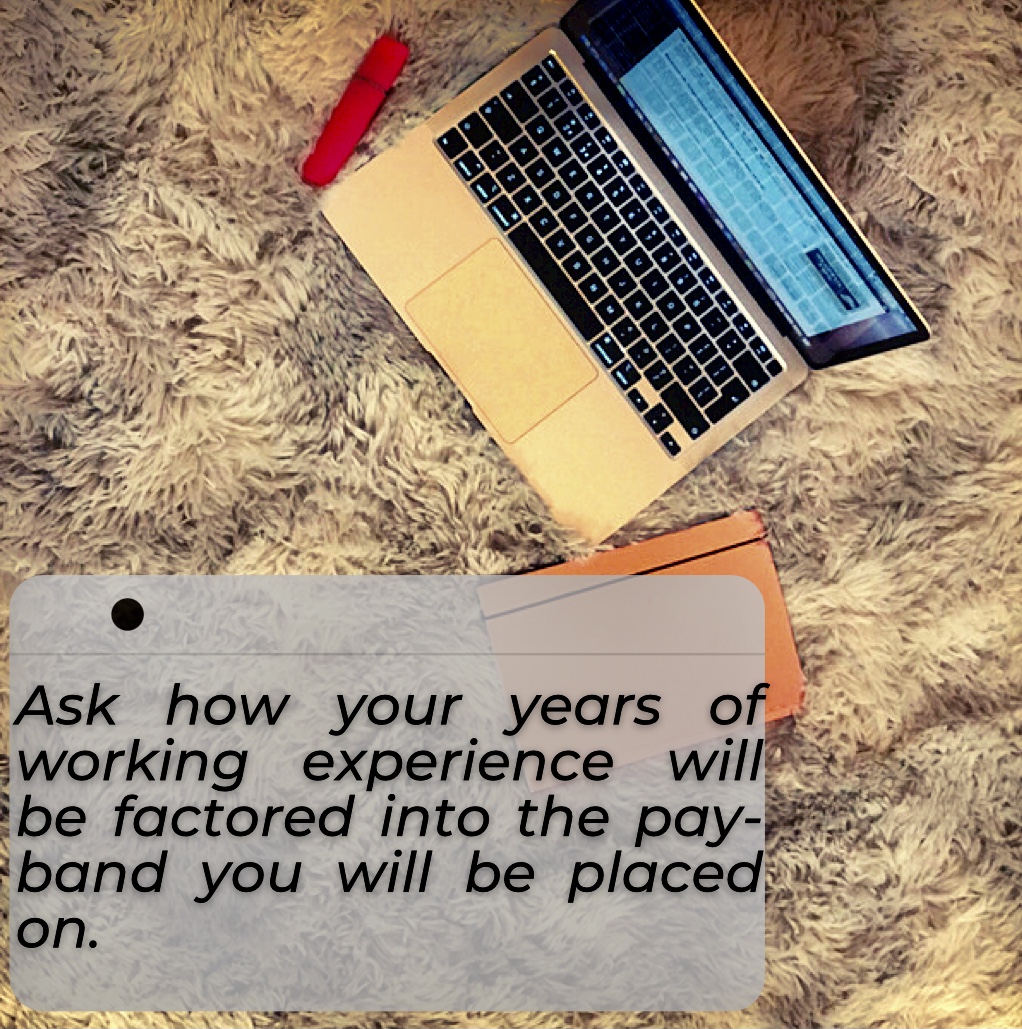Hey !!
If you are new to my blog, welcome here !
Today’s post is suited for Nigerian doctors who have just landed their first job in the UK. However, if you are not in this category, you can still hang in here with us as you may be able to pick a thing or two.
First of all, hearty congratulations are in order. Congratulations on passing your IELTS, Plab 1, Plab 2, finally landing an interview and getting that offer letter. I’m sending group hugs your way because you’ve come very far indeed.
And because you have come this far, there’s likely a chance that you feel some fatigue and tiredness from the seemingly unending process. There’s also a chance you are like I was back then, just wishing (aka slightly desperate) the job offer has come already.
So, I’ve compiled a list of things I wish I knew and did better at that phase.
1. Ask about my pay.
I’ve been privileged to officially sit on a panel to interview doctors before and I remember that those who asked about salary while we were drilling them were not taken seriously. Having seen that unconscious bias play out, I subsequently decided that I would not do the same to myself if I were to be interviewed by any one.
My nerdy self made up my mind to ask intelligent questions and not the “unserious ones” but really what can be more serious than money talks? LOL
I have quickly learned that contrary to what is advised and obtainable in nigeria, where you are likely to be told to avoid mentioning salary and the likes during interviews, abroad interviews are quite different. Oyinbo mans life is not that hard. So you can essentially ask away. Ask clearly and clarify what you don’t know. And if you don’t feel comfortable asking during the interview, ask when your offer of employment is made to you just before you accept it. Usually you will be given a window of about five days to make a decision to accept or decline the offer. I would recommend you use this time wisely.
Ask how your years of working experience will be factored into the pay-band you will be placed on. You will not be considered unserious if you do.
If you land a job that is post-F2, ie CT1, CT2, CT3, ST1, ST2, ST3 etc. you have some negotiation room even if those jobs are in non-training positions.
Be rest assured that there are people who have negotiated their pay to something higher than the initial offer and have succeeded at it. The thing is, you may not know about it since bad news gets more PR than good news.
2. Ask about relocation benefits.
I’m sure I can’t be the only one that money talk excites. In fact, this is the point that spurred me to write this post because I did not come here to count the bridges.
Most trusts offer some extra support to doctors they recruit from abroad. Relocation costs and sign on bonuses!
This could range from support with your flight tickets, COVID testing, hotel bills for self-isolation, rent and feeding. The monetary value for this varies across trusts. For some reason, it’s highly likely that if you don’t ask for this, you won’t be offered. And the best time to ask is before you accept the offer of employment. So again, negotiate away.
Once you accept the offer without reading the blue print and asking, your ability to negotiate will significantly narrow and it can be very painful to resume work and realize that you are a couple of pounds ‘broker’ than you need to be.
Again, the catch here is that, not all trusts offer it and the price is not fixed across trusts, so if you ask and don’t get offered, it’s okay. You’ll have some measure of closure knowing that you did not shoot yourself in the foot.
If you have ever been a student in my class, you’ll definitely get what I mean if I say this point is as important as demonstrating IPS in the PLAB two exams.
Gosh, it may yet be my biggest “I wish I knew” in all the processes I’ve been through so far.
3. Make all inquiries via email
In nigeria, emails are somewhat seen as too serious and they carry a foreboding of evil with them. We have mostly learned to dread them as they can be associated with queries and being tasked with extra work.
But, an additional benefit to emails is that, it allows your conversations to “exist” and it allows for someone to be held responsible for how you are treated.
I had a consultant back home who always said, “If it is not documented, it is not done”. This has proven to be a golden tip indeed.
It’s not going to take long to realise that everyone is “happy” to help you, albeit only in words that are at best superficial and gone with the wind until an email is actually written.
Have an email trail of every valid conversation you have and every important inquiry that you make. Most people do not act seriously on verbal conversations, but once it happens via email, there’s an extra motivation to give you accurate responses since emails can be presented as evidence that a conversation actually took place.

4. Decide what accommodation to go for and start the search early.
Ah, it’s possible to be homeless abroad. Okay, that’s extreme! But accommodation issues can unnecessarily add to the stress of moving to a new town and country. It can add to a sense of being unsettled and displaced.
Decide early if you want your personal space or if you would like a shared space with a stranger. If you lean towards shared accommodation, then decide if you want a locally shared accommodation space or if you want the hospital accommodation.
For hospital accommodation, you may need to email the accommodation unit of your prospective trust as soon as possible to get a space reserved and if you lean towards renting a private space, consider if you want a furnished space or not and review your decisions with your budget.
The earlier the better.
If you have made it this far in this post, please consider subscribing to get more of my blog posts. T for Thanks ?
5. Ask about shadowing and who will be responsible to oversee you.
Yes, you have been practicing in Nigeria and you are probably a guru, you know your stuff and blah-blah-blah.
But there’s simply no underestimating how jarring a new environment can be. There will always be a difference between hospitals, in terms of documentation styles, in the use or non-use of EMRs etc. It’s best to start with a mindset of wanting to familiarise yourself with what’s attainable in a new environment before being plunged into the deep and making avoidable errors.
Its worth noting that there’s the tendency to underestimate how understaffed the NHS can be. Sigh!
Some trust may put you to work solo on your very first day because you have “practiced before” and they are “short-staffed” and this was my experience. My dears, I did not find this comfortable at all. I may have cried once or twice wondering what took me out of Nigeria. Because !!!
Need I mention here that this request should be made in writing via email. Know who you will be expected to shadow and try to contact them before you start or as you are starting. Communicate your expectations on how long you want to shadow for clearly during your interview phase. Also ask about who your clinical support fellow is.

6. Research Nigerian consultants in the trust.
This is probably extra, but it is worth the try. Find consultants in your prospective trusts on linked-in or on the hospitals website and send a nice friendly message. I mentioned consultants because they are easier to find. If however you have other means of finding other grades of doctors, then go for it. Nigerians in the diaspora are most times friendly to other Nigerians and very willing to help with inquiries. There may be tips that they share with you which will make your transition a lot easier. Or they can link you up with someone they know who can be of help to you. A win-win if you ask me.
PS; You may want to keep an eye on this post as I may update with more information as I continue to learn.
And kindly feel free to add whatever tips you have in the comment section.


